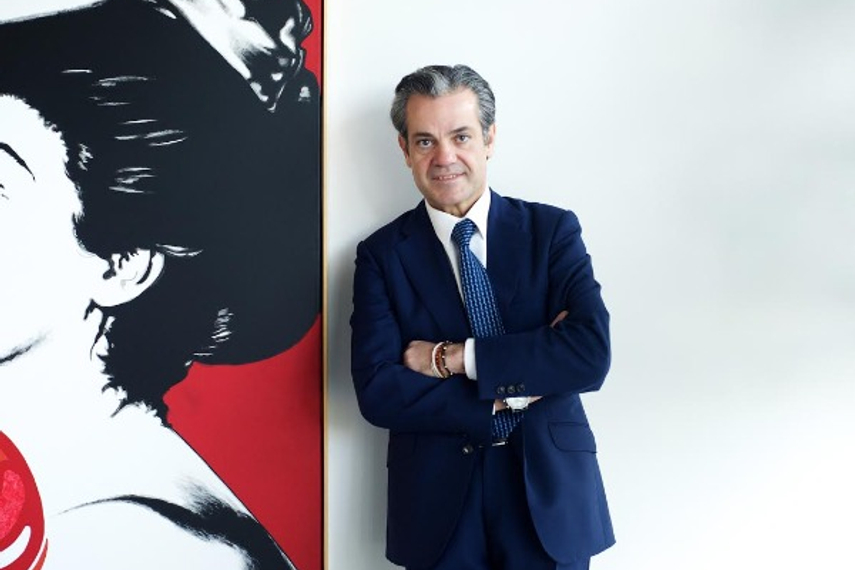
Please sign in or register
Existing users sign in here
Having trouble signing in?
Contact Customer Support at
[email protected]
or call+91 022 69047500
Coca-Cola is experiencing falling sales, up to 1,800 job cuts and even its own CEO is a vocal critic of its marketing. But with 2015 bringing Marcos de Quinto as its new global CMO, can the soft drinks giant turn around its fortunes?

Contact Customer Support at
[email protected]
or call+91 022 69047500
Top news, insights and analysis every weekday
Sign up for Campaign Bulletins
Sarah Wynn-Williams’ memoir lifts the lid on life inside Facebook, exposing a culture where ambition eclipses ethics, and authenticity is welcomed only when it's convenient.
Brian Lesser, currently global chief executive of Group M, joined from InfoSum in September 2024.
Many of today's nostalgia marketing campaigns evoke Gen Z memories from a wrong era—a misalignment needing correction, says Consuma founder.
India’s sports sponsorship industry crosses INR 16,633 crores in 2024, posting a growth even in non-cricket sponsorships, finds GroupM ESP report.